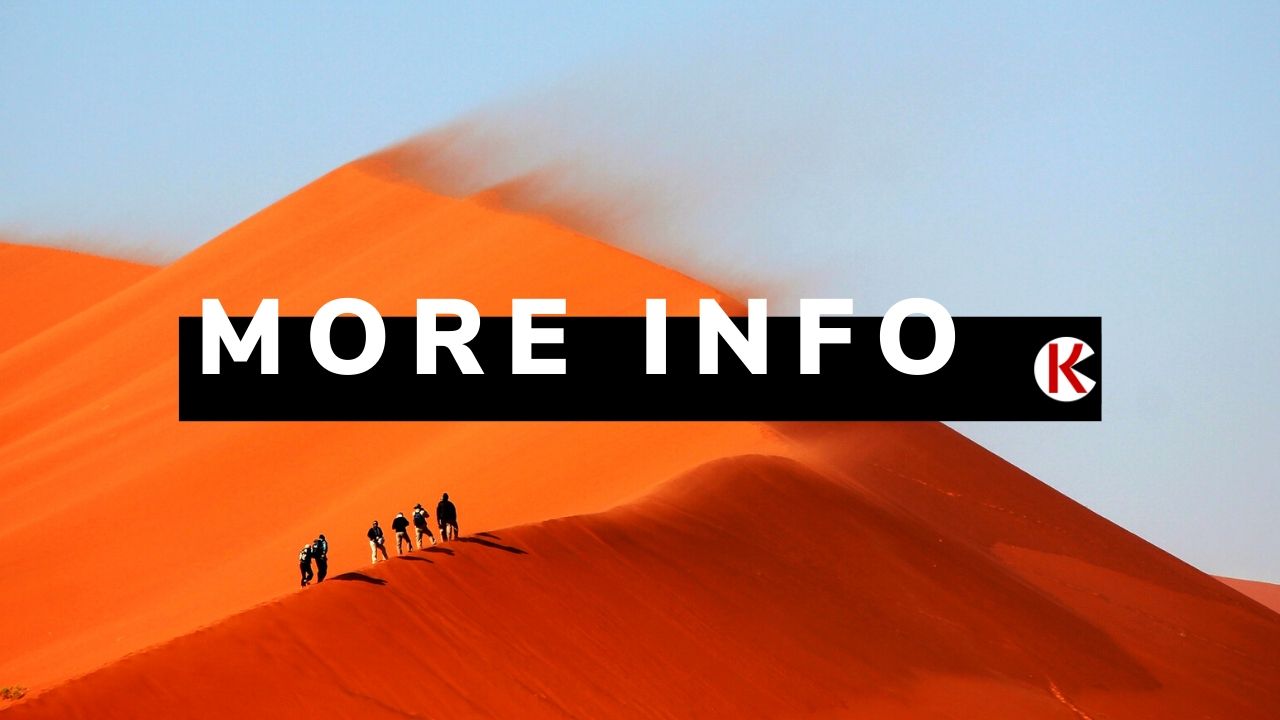Media laws are regulations which guide day to day operations of the media. Some of the Laws Which Affect the Media include;
- Copyright law normally by the sign
- International conventions
- Books and newspaper act
- Broadcast laws
- Telecommunication law
- Data protection laws
- Privacy laws
- Defamation laws
Functions of Media laws
- Protect basic human rights
- Promote fairness
- Assist in resolving conflicts
- Promote order and stability
- Promotes desirable social and economic behavior
- Represents the will of the majority
- Protects the right of the minority-disabled, marginalized group
Features of law
- Flexibility-laws must be able to respond without undue delay to the challenge of change at all levels of society
- Fairness-Laws must be unbiased
- Accessibility- all citizens must have access to knowledge of the law directly or through intermediaries.
Classification of Laws
There are two major classifications of the law;
- Public law-regulates interactions of citizens with the state for instance constitutional and criminal law
- Private law-regulates relationships between individuals within a state e.g property law and contract law.
Distinction between laws and ethics
- Law is regarded as a social control and ethics deals with ideas considered to be good or bad.
- The breach of law results to sanctions, sentence and conviction and even imprisonment or fine while ethics is a moral conduct which results to warnings and suspension
- Law is imposed by an outer society while ethics is self imposed or enforced
- Law can expire or be reported but ethics is continuous
- Law has institutions that govern it for instance legislature, police, judiciary e.t.c but ethics has less formal intuitions for formulation and enforcement.
Sources of law in Kenya
- Constitution
- All other written laws. This written laws include acts of parliament, judicial presidency, certain specific acts of the UK parliament, one Indian act which talks about transfer property
- Delegated legislation
What is Judicial Presidency?
It is the decision of judges laying down legal principles of cases coming before it. They are also termed as case laws
Types of Judicial Presidency
- Declaratory president-existing law
- Original president
- Distinguishing president
- An overruling president
Why parliament delegates the law making process in Kenya
- Parliament is not always in session
- Inadequate parliamentary time
- Lengthy law making procedures
- Lack of flexibility in law making
- Lack of expertise in all fields
- Increase in social legislation
Advantages of delegated legislation
- It saves parliamentary time
- Speed
- Foresights
- Delegated legislation is flexible
Disadvantage of delegated legislation
- Lack of adequate parliamentary control
- Lack of adequate judicial control
- Danger of sub-delegation
- Lack of publicity
Weakness of African customary laws
- It is unwritten
- It lacks uniformity
Reasons why the state can introduce laws that curtail freedom of the press
The interest of the state, particularly its security
The interest of the society particularly public health and morals
The interest of justice particularly contempt of court
The interest of the individual particularly his or her privacy
Media theories and the law
Authoritarian law-it is under the control of the governing elites
Libertarianism /free press theory-press is free to inform citizens
Social responsibility theory-freedom of the media has to be balanced with social responsibility
Development media theory-media support for an existing political regime
Kinds of intervention of privacy
Intrusion
Giving publicity to private parts
False light
Misappropriation
This article has briefly covered an almost 5 chapter book of media law.

Leave a Comment